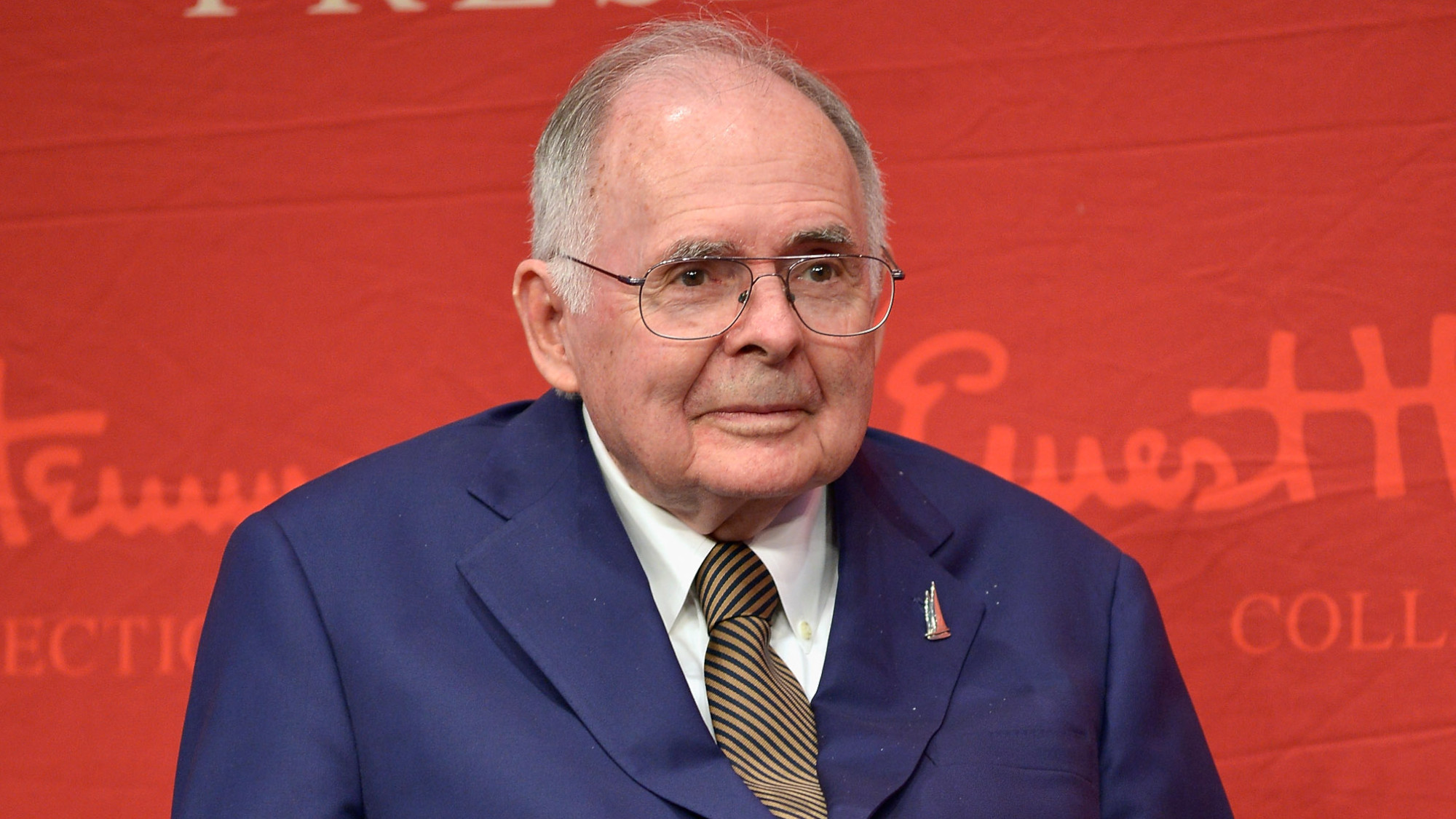William J. Janklow, 1939–2012
The South Dakota governor who hurried too much
A free daily email with the biggest news stories of the day – and the best features from TheWeek.com
You are now subscribed
Your newsletter sign-up was successful
Even before he became governor of South Dakota, Bill Janklow was famous for his hands-on approach to government. When a gunman took hostages in the state Capitol on July 4, 1976, the then attorney general brought a rifle to the scene. The hostages escaped without Janklow’s assistance, but throughout his career, he rushed to the scene of whatever fire, flood, tornado, or other disaster befell his state.
Born in Chicago, Janklow moved to South Dakota with his mother as a child, said the Rapid City, S.D., Journal. He made his name as a lawyer prosecuting American Indian protesters who rioted at the Custer County Courthouse in 1973. Janklow was elected attorney general the following year, kicking off a political career that included four terms as Republican governor and one as a congressman. Although he was an opinionated man who “rubbed opponents and sometimes political allies the wrong way,” the people of South Dakota “never grew tired of electing him to office.”
But Janklow’s political career was cut short in 2003, said the Los Angeles Times, when he blew through a stop sign on a rural road and killed a 55-year-old Minnesota farmer riding a motorcycle. By then the governor’s “habit for speeding was well documented”; he had received a dozen tickets between 1990 and 1994 alone. The accident led to a sentence of 100 days in prison for second-degree manslaughter, and Janklow was forced to resign his seat in Congress.
The Week
Escape your echo chamber. Get the facts behind the news, plus analysis from multiple perspectives.

Sign up for The Week's Free Newsletters
From our morning news briefing to a weekly Good News Newsletter, get the best of The Week delivered directly to your inbox.
From our morning news briefing to a weekly Good News Newsletter, get the best of The Week delivered directly to your inbox.
“If I had to do it over, I’d do everything I did,” said Janklow when he was diagnosed with brain cancer in November, “but I’d stop at a stop sign.”
A free daily email with the biggest news stories of the day – and the best features from TheWeek.com
-
 The Week Unwrapped: Do the Freemasons have too much sway in the police force?
The Week Unwrapped: Do the Freemasons have too much sway in the police force?Podcast Plus, what does the growing popularity of prediction markets mean for the future? And why are UK film and TV workers struggling?
-
 Properties of the week: pretty thatched cottages
Properties of the week: pretty thatched cottagesThe Week Recommends Featuring homes in West Sussex, Dorset and Suffolk
-
 The week’s best photos
The week’s best photosIn Pictures An explosive meal, a carnival of joy, and more
-
 Catherine O'Hara: The madcap actress who sparkled on ‘SCTV’ and ‘Schitt’s Creek’
Catherine O'Hara: The madcap actress who sparkled on ‘SCTV’ and ‘Schitt’s Creek’Feature O'Hara cracked up audiences for more than 50 years
-
 Bob Weir: The Grateful Dead guitarist who kept the hippie flame
Bob Weir: The Grateful Dead guitarist who kept the hippie flameFeature The fan favorite died at 78
-
 Brigitte Bardot: the bombshell who embodied the new France
Brigitte Bardot: the bombshell who embodied the new FranceFeature The actress retired from cinema at 39, and later become known for animal rights activism and anti-Muslim bigotry
-
 Frank Gehry: the architect who made buildings flow like water
Frank Gehry: the architect who made buildings flow like waterFeature The revered building master died at the age of 96
-
 R&B singer D’Angelo
R&B singer D’AngeloFeature A reclusive visionary who transformed the genre
-
 Kiss guitarist Ace Frehley
Kiss guitarist Ace FrehleyFeature The rocker who shot fireworks from his guitar
-
 Robert Redford: the Hollywood icon who founded the Sundance Film Festival
Robert Redford: the Hollywood icon who founded the Sundance Film FestivalFeature Redford’s most lasting influence may have been as the man who ‘invigorated American independent cinema’ through Sundance
-
 Patrick Hemingway: The Hemingway son who tended to his father’s legacy
Patrick Hemingway: The Hemingway son who tended to his father’s legacyFeature He was comfortable in the shadow of his famous father, Ernest Hemingway